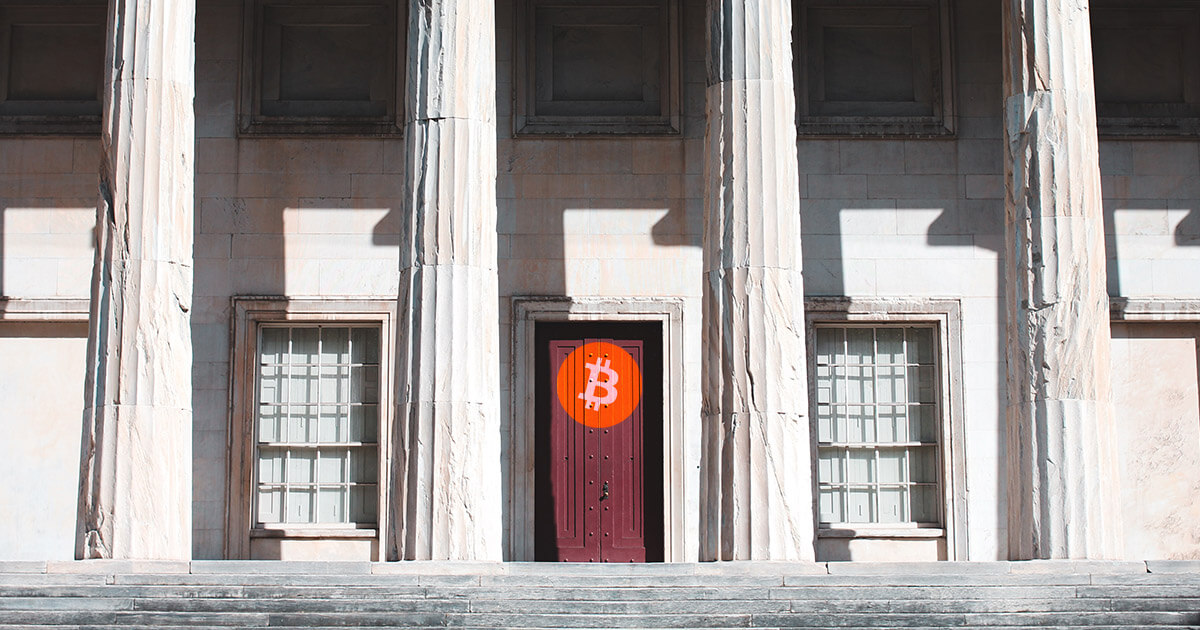In a landmark statement yesterday, U.S. regulators said they may allow banks to provide custody solutions for Bitcoin and other cryptocurrencies for American citizens.
The development comes as Senate hearings on “digital dollars” are being conducted and China’s digital yuan is challenging the U.S. dollar’s dominance.
Cryptocurrency storage similar to traditional assets
Reuters said Wednesday that U.S. national banks and federal savings associations “of all sizes” will be allowed to hold crypto-assets for customers. Behind the dictum is the The U.S. Office of the Comptroller of the Currency (OCC).
Federally Chartered Banks and Thrifts May Provide Custody Services For Crypto Assets https://t.co/lZS1xj3ZMK
— OCC (@USOCC) July 22, 2020
An OCC announcement said such custody services represent “a modern form of traditional bank activities related to custody services.” This is a first for U.S. regulations around cryptocurrencies.
Outlining the policy shift, the regulator noted the move came after “the authority of a national bank to provide cryptocurrency custody services for customers.” Meanwhile, they seemed to understand how digital currency “keys” work:
“Because digital currencies exist only on the blockchain or distributed ledger on which they are stored, there is no physical possession of the instrument. Instead, the right to a particular unit of digital currency is transferred from party to party by the use of unique cryptographic keys.”
“Therefore, a bank ‘holding’ digital currencies on behalf of a customer is actually taking possession of the cryptographic access keys to that unit of cryptocurrency,” the statement added.
The statement outlined that banks, by their function, hold a “wide variety” of assets for their customers and that digital assets, ones which “are unique and hard to value” and can be “transferred electronically,” fall into that bracket.
Community speaks, regulator cautions, and a new crypto era?
The OCC notes providing such services is permissible in both non-fiduciary and fiduciary capacities. This means a bank can essentially provide safekeeping for the cryptographic key that allows for the control and transfer of the customer’s cryptocurrency.
However, there’s still caution to be addressed. The regulator said any interested financial institutions must “develop and implement those activities consistent with sound risk management practices and align them with the bank’s overall business plans and strategies as set forth in OCC guidance.”
Meanwhile, the crypto community on Twitter welcomed the news, even as a small fraction said storing crypto with the banks is contrary to the ethos of digital currencies. Most, however, hinged on the fact that this opens millions of retail participants towards the market.
Ex-Citibank blockchain head Ian Lee tweeted:
1/ This is big news for the crypto industry.
One day we will see “Bitcoin” in our Chase and Citi online bank accounts. Because of the profits and the importance of deposits to banks, you will see them one day offer Bitcoin buying (like Square) and lending (like BlockFi). https://t.co/agFLJJfEZN
— Ian Lee (@ianjohnlee) July 22, 2020
But Lee added any impending move cannot be expected soon:
4/ Realistically, it’ll take them 3 months to designate a leader & setup a taskforce, 3 months for that taskforce to research & develop recommendations, 3 months for approvals & budget, 3 months to setup the execution team, and 12 months to get something in market.
— Ian Lee (@ianjohnlee) July 22, 2020
Yesterday’s judgment marks a new era for cryptocurrencies. It’s either the much-awaited entrance of retail participants; or the institutionalization of public digital currencies that relegate them to mere trading instruments.


















